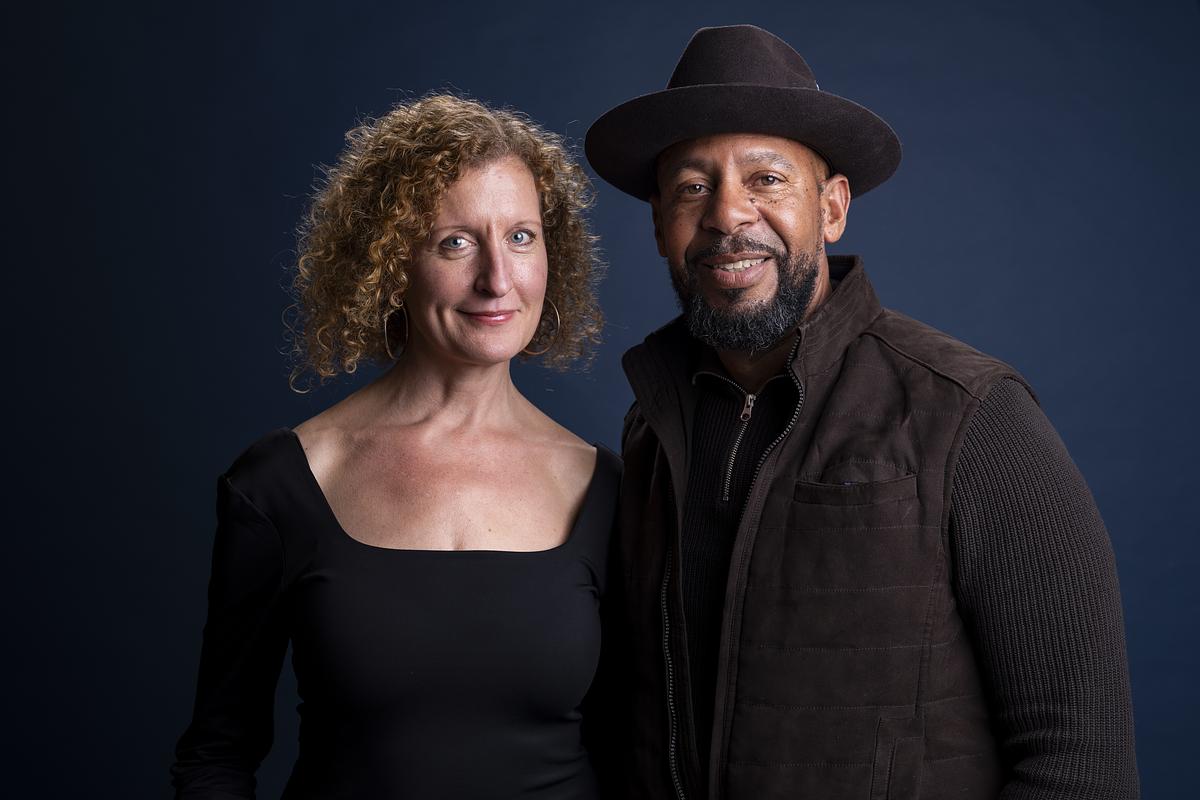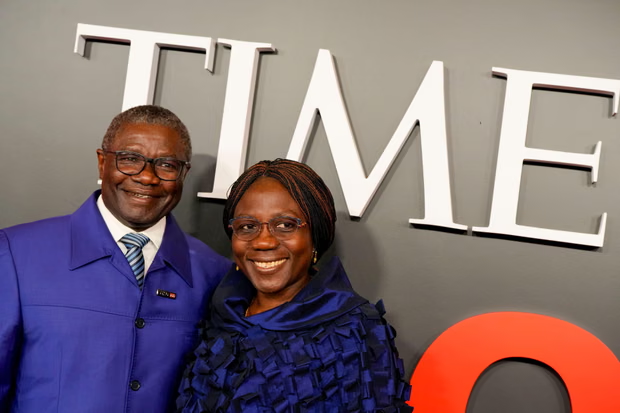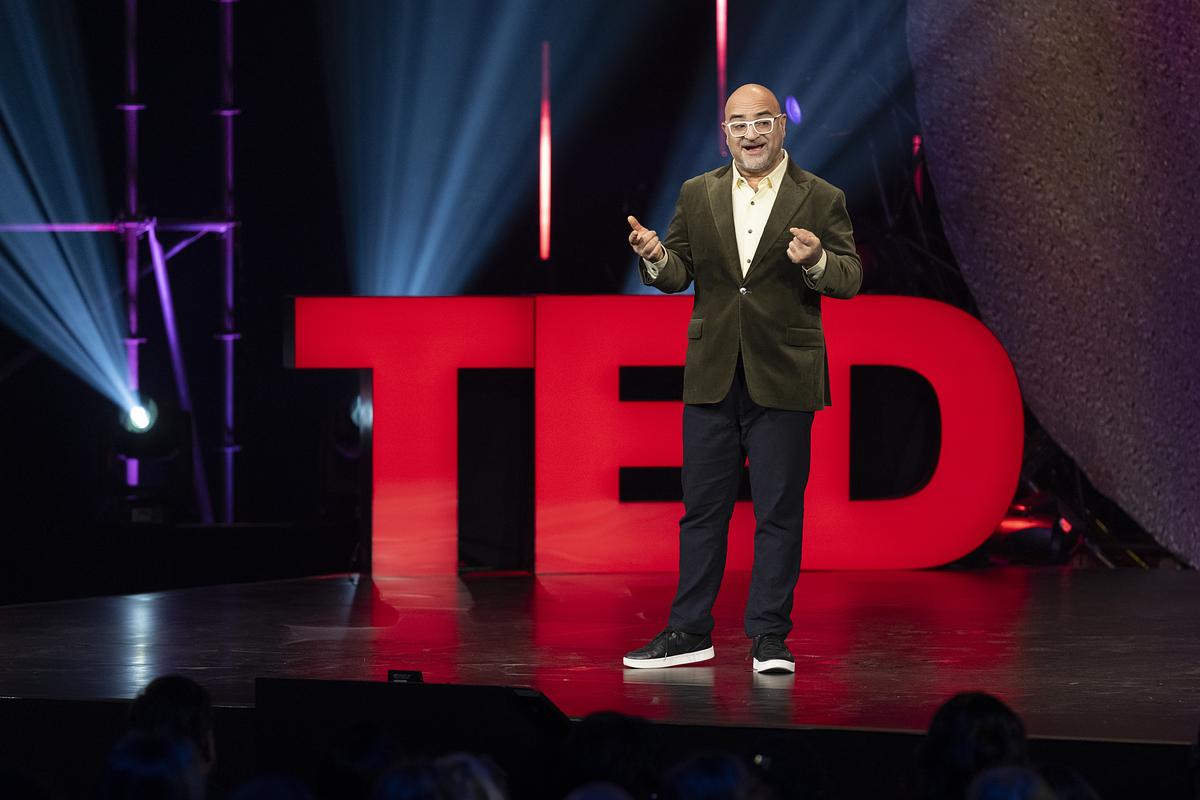Authors
.jpg)
Dena Trujillo is CEO at Crisis Text Line, a free, 24/7, confidential text-based mental health support service in English and in Spanish. She has spent over 20 years operating at the intersection of nonprofit and for-profit, discovering and amplifying models that scale innovative solutions and maximize social impact. Prior to Crisis Text Line, Dena was a Venture Partner at Omidyar Network, where she spent 17 years driving philanthropic initiatives around the world. Individuals seeking support can text HELLO or HOLA to 741741 or via web chat to be connected to a live volunteer Crisis Counselor. Additional information about Crisis Text Line is available at www.crisistextline.org.
Categories
Subscribe for updates
November 27, 2023
TED
Lessons from the Frontlines of Mental Health
CEO Dena Trujillo Reflects on Crisis Text Line’s First Ten Years
Ten years ago, few expected that people in mental health crisis could receive substantive help through text messages, but Crisis Text Line saw the potential. Texting is discreet, easily accessible, and commonplace, especially for young people. Whether someone is in a crowded classroom, at a family event, or lying awake in bed, texting makes it possible to reach out for anonymous, non-judgemental support around topics ranging from bullying, loneliness, and anxiety to abuse, self-harm, and suicidal ideation.
Since 2013, we’ve built a platform where we see strangers helping strangers, pairing texters in need of support with a community of highly trained volunteer Crisis Counselors. We’ve enhanced our technology using algorithms and machine learning to improve everything from our conversation triage process to our training. We’ve shared our technology and insights with partner organizations in Canada, Ireland, and the U.K. to expand our impact and learning.
Now, after taking nearly 9 million U.S. conversations (12 million globally), we can see real impact, and the potential of reaching more texters in crisis and unleashing human connection and empathy among people everywhere.
We’ve learned that:
Crisis intervention via text works. Texters feel more hopeful, less depressed, and less overwhelmed after texting with our volunteers. On a daily basis, over 3,500 people text us for support and 87% of our texters find our service helpful.
Text-based crisis support is effective across demographics. Regardless of race, gender, or sexuality, our texters find our service similarly helpful. Since 2013, 43% of our texters have self-identified as BIPOC and 47% of our texters have self-identified as LGBTQ+.
Text support can help prevent suicide. Every half hour, there is someone on the verge of a life-threatening crisis in the U.S. who is able to find strength and resilience during a 40-minute conversation with Crisis Text Line volunteers. That is over 40 people and 40 families a day who may have been spared the trauma of a tremendous loss. Overall, 99% of our conversations end without the need to engage emergency services.
Major events have a far-reaching impact on mental health. Our research efforts have shown that the psychological effect of hurricanes is enduring, and the effect of mass shootings extends far beyond affected communities. Climate change is increasingly showing up in our conversations with texters; when it’s extremely hot, for example, our data suggests that young people in urban areas with little park space reach out to us more.
Volunteering with Crisis Text Line supports the mental health resilience of our volunteers and their communities, too. Since 2013, Crisis Text Line has trained over 65,000 volunteer Crisis Counselors in the U.S. In a recent survey, 90% of our volunteers told us they could use the skills they learned to de-escalate situations in their own lives. Two-thirds said their work with us helps them practice self-care and mindfulness, and 89% said they have become better active listeners.
In our first decade, we’ve learned that we can use technology to unlock human-to-human connection at scale. Over the next 10 years, innovation means tapping into machine learning, AI, data insights, and research to build upon and expand a high-quality service, empowering volunteers to be better mental health change agents when responding to texts, and in their everyday lives.
Our goal is to make sure that everyone has the mental health support they need when they need it, and we’re just getting started.
About the Author: Dena Trujillo is CEO at Crisis Text Line, a free, 24/7, confidential text-based mental health support service in English and in Spanish. She has spent over 20 years operating at the intersection of nonprofit and for-profit, discovering and amplifying models that scale innovative solutions and maximize social impact. Prior to Crisis Text Line, Dena was a Venture Partner at Omidyar Network, where she spent 17 years driving philanthropic initiatives around the world. Individuals seeking support can text HELLO or HOLA to 741741 or via web chat to be connected to a live volunteer Crisis Counselor. Additional information about Crisis Text Line is available at www.crisistextline.org.


.jpg)



